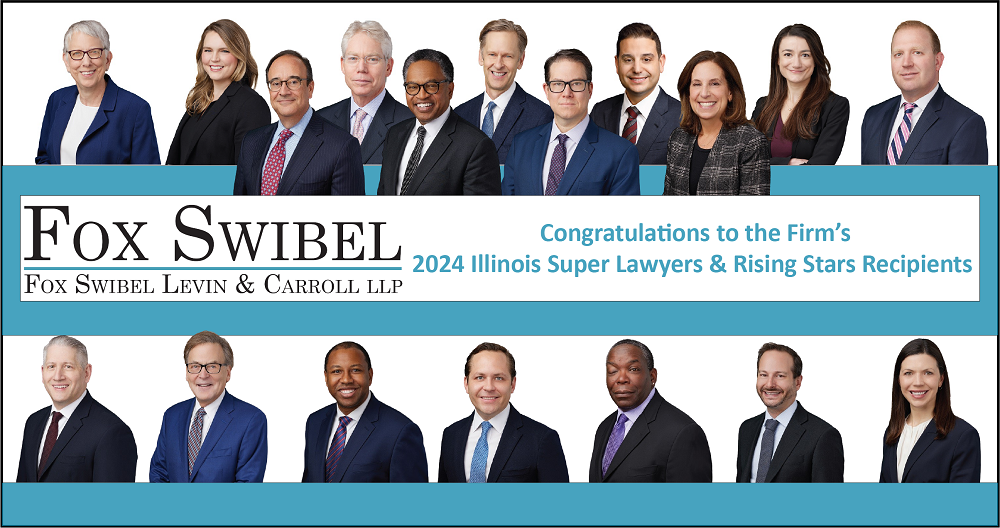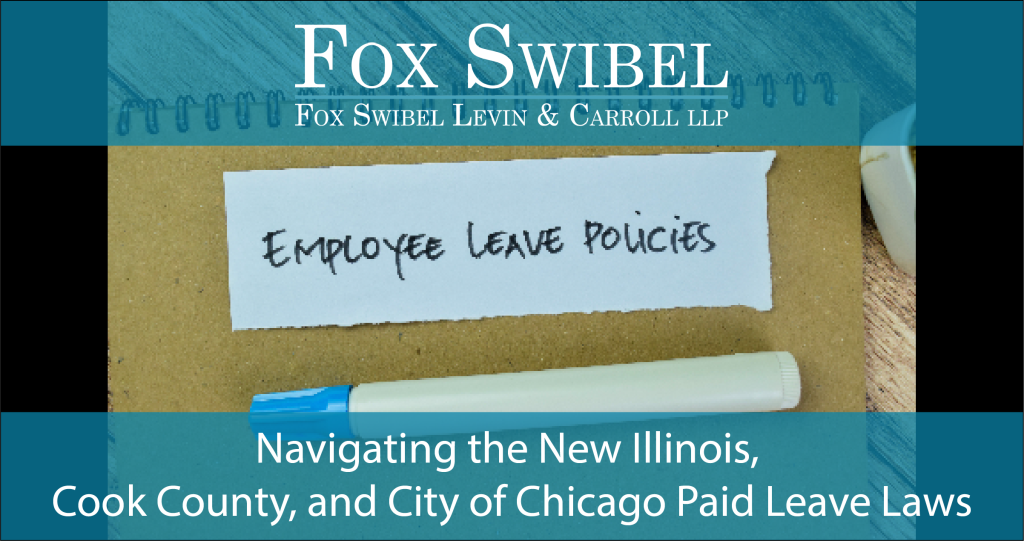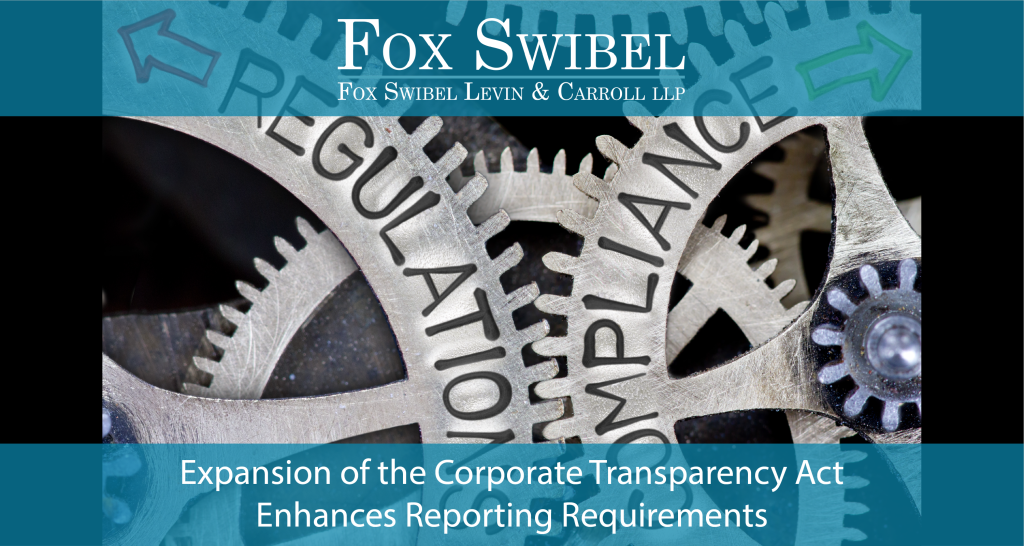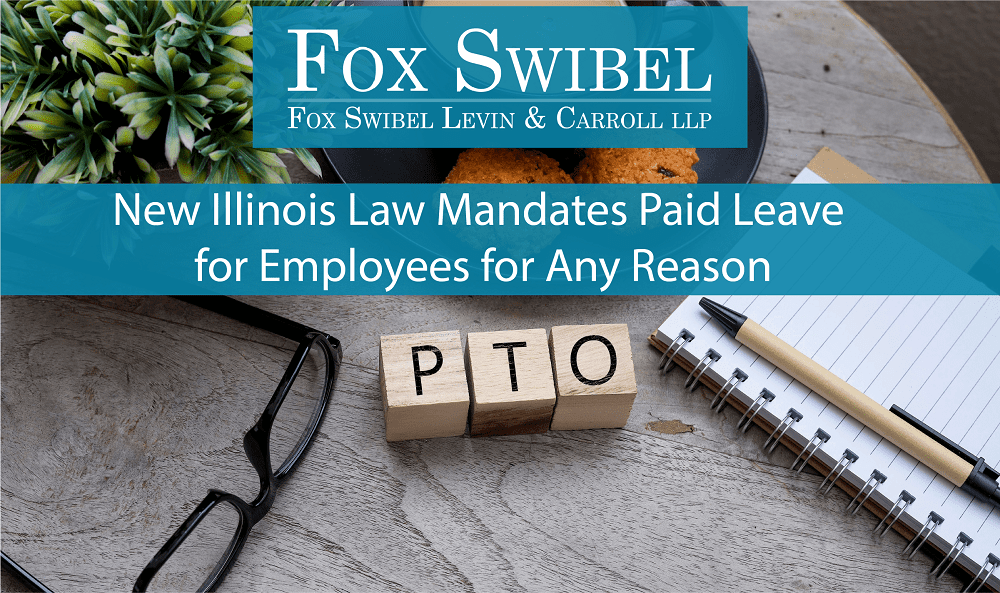Fox Swibel is Chicago’s leading boutique business law firm. We focus on what the Firm does best: provide “big-law” quality work in a streamlined boutique setting. We value long-lasting relationships and continually evolve our services to meet our clients’ needs.
The Firm recruits top lawyers who were educated at the nation’s best law schools and who formerly were partners and associates at nationally-known, highly-respected large firms. Our attorneys have the entrepreneurial determination to deliver first-rate creative business solutions with a cost-effective approach.
Fox Swibel is the only boutique U.S. firm selected for membership in The Interlex Group, an association of leading law firms around the world which has received Chambers’ highest “Band 1 – Elite” ranking. One of our founding partners serves as the President of Interlex, and our leadership role in the organization affords us close relationships with leading law firms in 60 countries.
Diversity, Equity and Inclusion Statement
Women's History Month presents an important moment to spotlight the progress and continuing efforts of women in our communities and the world. Whether learning about key achievements by women, reflecting on the advancements and challenges to women's rights and liberties, or recognizing the unique perspectives and strengths women bring to society, March gives us the opportunity to honor and uplift all those who identify as women - including the grandmothers, mothers, aunts, sisters and daughters among us. In that spirit, Fox Swibel, with a proud and successful history of cultivating the advancement of women attorneys and legal professionals at the Firm and in our field, will continue to provide women attorneys and legal professionals meaningful support and opportunities to further advance their careers here and in the legal industry at large.

















